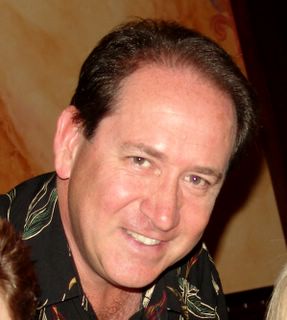The Hollywood Blacklist: One Version
Hindsight is 20-20 vision, and sometimes it’s a clarity of vision with a bias attached. There can be no doubt that the heroism label given to much of the Hollywood talent who were blacklisted in the 1950’s, due to the Communist, scare is misplaced or overdone. What is not true is that the review of that era needs a revisionist upgrade to say that all members of the Communist party in America, at that time and in prior years, were doctrinaire hard-core Bolsheviks hell-bent on overthrowing the government of the United States. Or that anyone who was a liberal and associated with a leftist philosophy should be treated as a pariah and their livelihood taken away. That would be equal to saying that Senator Joseph McCarthy was doing his patriotic duty when he held up a blank piece of paper before the press and claimed it had the names of 200 communists who worked in the government, rather than fulfilling a narrow opportunistic need to fake a cause.
“A Rewrite for Hollywood’s Blacklist Saga,” by Ronald Radosh and Allis Radosh in today’s Los Angeles Times op-ed section, is a case of just such a judgmental and erroneous attempt to replace the hazy mythology of that post-WWII time. The contention is that Hollywood liberals supported the Communist party line even though they gained a knowledge of what Stalin was about in Russia. That would be like claiming that Roosevelt went along with the Nazi program to kill the Jews because he refused to get the military involved in bombing train tracks leading to death camps, or even the camps themselves. The newsreel footage of actor Robert Taylor ranting at a HUAC hearing that actor Howard da Silva shot off his mouth a lot, was hardly as much finger-pointing at a possible espionage agent then it was dirty gossip which could and did derail careers.
The writers obviously have a feeling for the period, and include detailed views of reactions of some liberals against their peers, showing that the ideology was not all black and white, but shades of grey. Then they go sideways in excusing some of those who named names, and describing how the hard-liners brow-beat others to try to change the meaning of screenplays and books to fit a more communist orientation. Surely all of these events happened, but before I read the Radoshes editorial, I already knew there was good and bad on both sides. I don’t need a historical “rewrite.”
At least the writers conclude that the blacklist was a bad thing, and they use the famous quote of Hollywood Ten screenwriter Dalton Trumbo to show that in the end everyone lost out due to the fanatics on both sides:
The blacklist was an abomination. It was wrong to deprive artists of their livelihood because of their political views…In 1970, he [Trumbo] gave a startling speech when he accepted a career achievement award from the Writers Guild. "It will do no good to search for villains or heroes or saints or devils because there were none," Trumbo said that night. "There were only victims."It just seems too simplistic and stark to treat this period of the beginning of the Cold War and the Red scare, and the blacklist, in only 750 words. The truth of what happened to the people involved is so much more detailed, and profound.

No comments:
Post a Comment
Comments signed Anonymous will not be published.